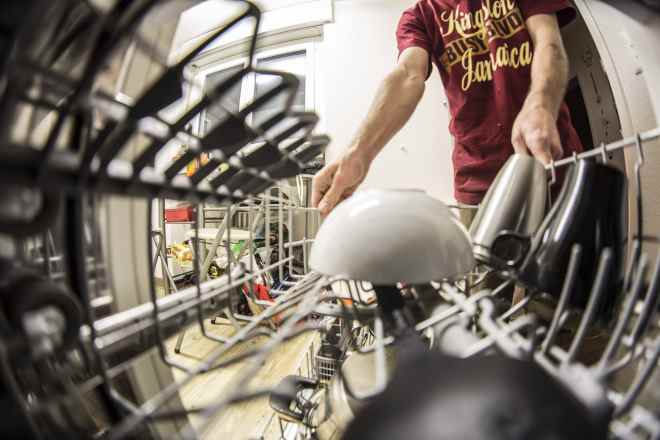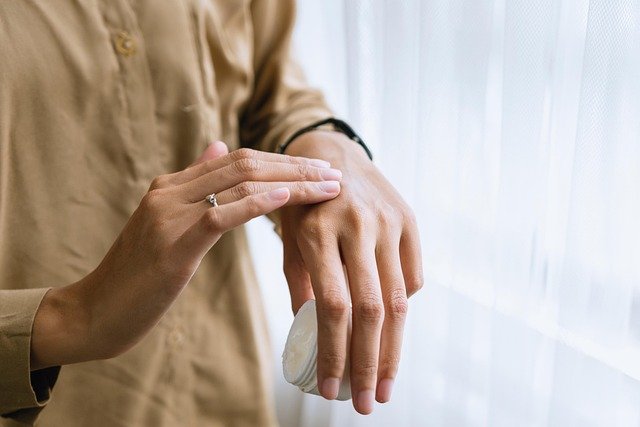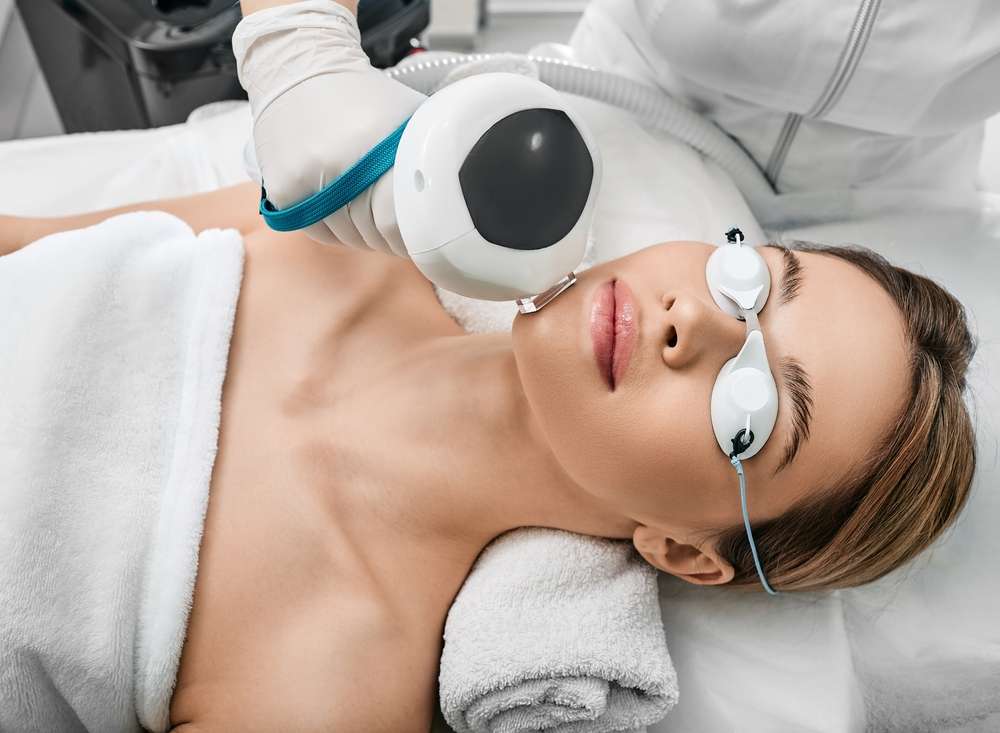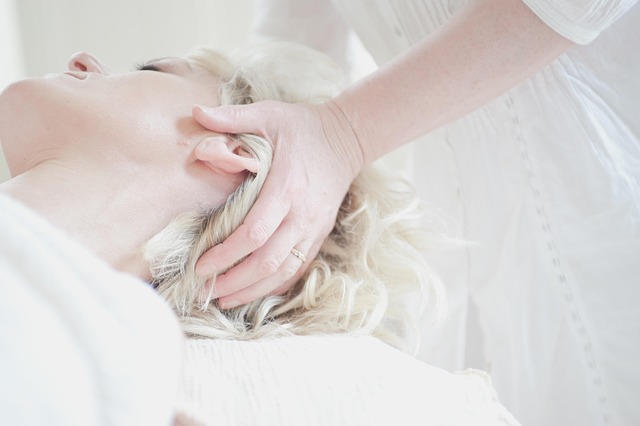Professional Pet Cleaning — Odor, Hair & Dirt Gone Safely 🐾
Many pet owners struggle with fur, odor, and the challenge of keeping their furry companions clean without stress. A professional pet cleaning approach uses gentle, pet-safe methods that deeply remove dirt, hair, and odor while keeping animals calm and comfortable. Specialized techniques ensure hygiene and freshness, helping pets stay healthy and happy in any home environment. Whether for routine care or seasonal grooming, convenient cleaning options make it easier to maintain a clean, comfortable space for both pets and their owners.
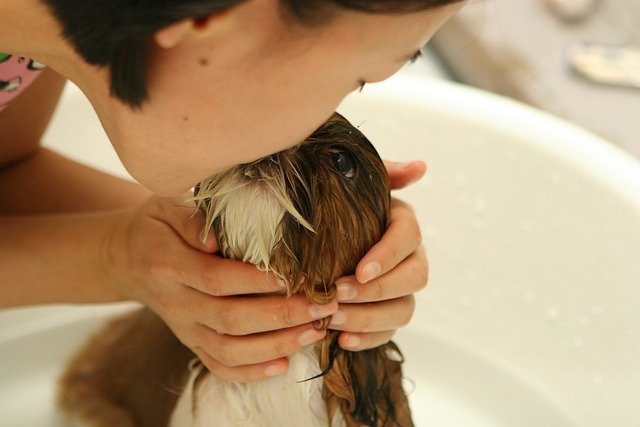
Keeping your pet clean is essential for their health, comfort, and the overall hygiene of your home. Pets naturally bring dirt, dander, and odors indoors, making regular cleaning routines necessary. Professional pet cleaning services and proper at-home care can significantly reduce these challenges while ensuring your pet remains stress-free and comfortable.
What Are Essential Pet Hygiene Tips?
Proper pet hygiene starts with understanding your pet’s specific needs. Different breeds and species require varying levels of care. Dogs with thick coats need frequent brushing to prevent matting, while short-haired cats may require less grooming but still benefit from regular attention. Bathing frequency depends on your pet’s activity level and skin sensitivity. Most dogs benefit from baths every four to six weeks, while cats typically groom themselves and need baths only occasionally. Always use pet-safe shampoos formulated for their skin pH levels. Human products can cause irritation and dryness. Additionally, regular nail trimming, ear cleaning, and dental care are crucial components of a complete hygiene routine. Establishing these habits early helps pets become accustomed to grooming and reduces anxiety during cleaning sessions.
How Can You Reduce Pet Odor at Home Effectively?
Pet odors can accumulate quickly, especially in homes with multiple animals or limited ventilation. Reducing these smells requires a combination of proactive cleaning and preventive measures. Start by washing pet bedding, blankets, and toys weekly in hot water to eliminate bacteria and odor-causing particles. Vacuum carpets, upholstery, and hard floors frequently using a vacuum designed to capture pet hair and dander. Consider using enzyme-based cleaners for accidents, as these break down organic matter rather than masking smells. Air purifiers with HEPA filters can also help remove airborne pet dander and odors. Regularly bathing your pet and maintaining their coat cleanliness directly impacts how much odor they bring into your home. Ensure litter boxes are scooped daily and fully cleaned weekly for cat owners. Proper ventilation and occasional deep cleaning of furniture and carpets will keep your home smelling fresh while maintaining a healthy environment for both you and your pets.
What Are the Best Ways for Keeping Pets Comfortable and Clean?
Comfort during cleaning is essential to prevent stress and build positive associations with grooming. Start by creating a calm environment. Use a non-slip mat in the tub or grooming area to help pets feel secure. Speak softly and offer treats or praise throughout the process to reinforce good behavior. For anxious pets, gradual desensitization works well. Begin by simply letting them explore the bathing area without water, then slowly introduce each step over multiple sessions. Use lukewarm water and avoid getting water or soap in their eyes and ears. A handheld sprayer or cup allows better control than a strong showerhead. After bathing, thoroughly dry your pet with a towel or low-heat dryer designed for animals. Brush their coat gently to remove tangles and distribute natural oils. Regular grooming sessions also provide opportunities to check for skin issues, parasites, or abnormalities that may require veterinary attention. Keeping these sessions short and positive ensures your pet remains comfortable and cooperative.
Why Is the Importance of Regular Grooming So Significant?
Regular grooming goes beyond aesthetics and plays a vital role in your pet’s overall health. Brushing removes loose fur, dirt, and dander while stimulating blood circulation and distributing natural oils that keep the coat healthy and shiny. This practice significantly reduces shedding and prevents painful mats and tangles, especially in long-haired breeds. Grooming sessions also allow early detection of health issues such as lumps, skin infections, ticks, fleas, or hot spots. Trimming nails prevents discomfort and potential injury, as overgrown nails can affect your pet’s gait and lead to joint problems. Ear cleaning reduces the risk of infections, particularly in breeds with floppy ears or those prone to moisture buildup. Dental care, including brushing or dental chews, prevents tartar buildup, gum disease, and bad breath. Consistent grooming routines strengthen the bond between you and your pet while contributing to their physical and emotional well-being. Neglecting grooming can lead to discomfort, behavioral changes, and costly veterinary visits.
How Do You Establish Stress-Free Pet Care Routines?
Building a stress-free pet care routine requires patience, consistency, and understanding of your pet’s temperament. Start grooming practices when pets are young to help them adapt, but older pets can also learn with gentle, gradual training. Schedule grooming sessions when your pet is naturally calm, such as after exercise or play. Keep sessions short initially, gradually increasing duration as your pet becomes more comfortable. Use high-value treats and positive reinforcement to create pleasant associations. If your pet shows signs of extreme stress, consider consulting a professional groomer or veterinarian for guidance. Some pets may benefit from calming aids or professional handling. Maintain a consistent schedule so your pet knows what to expect, reducing anxiety over time. Ensure all grooming tools are appropriate for your pet’s size and coat type, as uncomfortable equipment can cause distress. Always end sessions on a positive note, with praise and rewards. A well-established routine not only keeps your pet clean but also builds trust and reduces stress for both of you.
Conclusion
Maintaining proper pet hygiene through regular cleaning and grooming is essential for your pet’s health and your home’s cleanliness. By implementing effective hygiene practices, controlling odors, ensuring comfort during grooming, understanding the importance of regular care, and establishing stress-free routines, you create a healthier and happier environment for everyone. Whether you handle grooming at home or seek professional services, consistency and patience are key to successful pet care.

